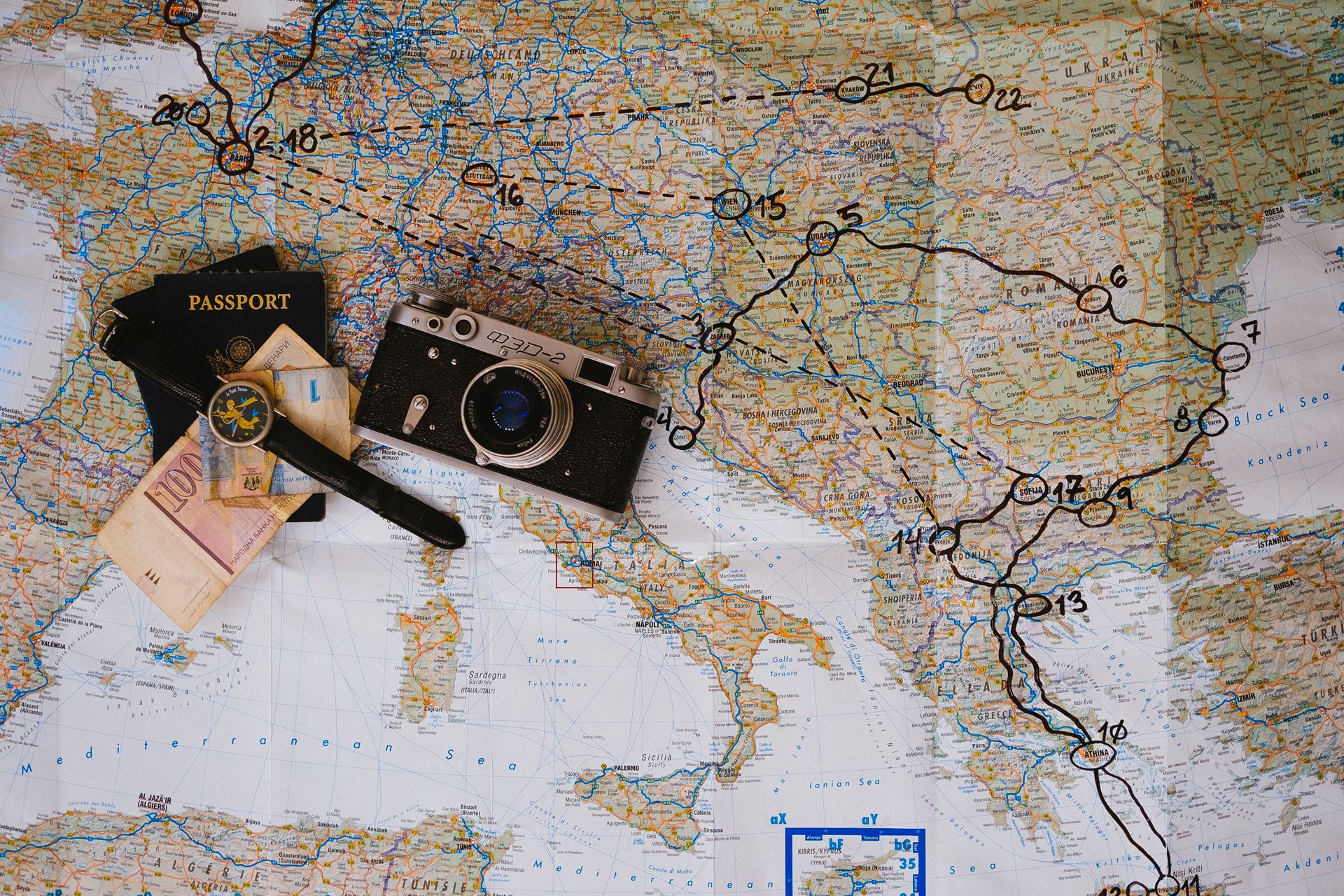Travel Health

We do not offer medical advice regarding travel and vaccinations. Please see the attached links or search online for your nearest travel clinic, there is one at Berwick.
We do not provide travel clinics or travel health advice in the practice. You can access travel clinics at Boots – Morpeth, Newcastle & Edinburgh, Travel Hut -Morpeth, Superdrug in Newcastle, Metrocentre & Edinburgh who do offer a Travel Clinic. You will need to discuss which countries and areas within countries that you are visiting in order to determine what vaccinations are required.
It is important to make this initial contact as early as possible – at least 6 weeks before you travel – as a series of appointments may be required to actually receive the vaccinations and /or medication. These often have to be ordered as they are not a stock item. If recommended by the local travel clinic we can provide the following vaccinations free on the NHS to travellers:
- Cholera
- Hepatitis A
- Polio (DTP)
- Typhoid
Appointments for the above vaccinations are only available if you have been advised that they are required by a travel clinic. Please give at least 4 weeks’ notice when booking an appointment with the practice nurse (appointments for travel vaccinations are not available on the day or at short notice). Please also bring your travel clinic documentation with you so the nurse can check eligibility and administer the vaccines. We are unable to administer any vaccines without sight of the travel clinic documentation.
All other vaccinations and travel health advice should be provided by the travel clinic.
Fear of Flying
At Wooler Health we do not prescribe Diazepam and other medications for fear of flying on NHS Prescriptions.
This is because of lack of evidence for the use of these medicines and the risk of adverse effects, as outlined below.
The following websites provide information to help with a fear of flying:
- Fear of flying is common despite flying being safer than road or rail travel in most developed countries.
- Try distraction by talking with other passengers, watching a film, listening to music or reading.
- Tell the cabin crew. Reassurance about routine aircraft sounds and in flight activities can help.
- Research shows that Cognitive Behaviour Therapy (CBT) can be helpful for more severe cases. The person identifies what they actually fear and then learns different ways of overcoming it.
A number of airlines run courses aimed at alleviating travellers fears, such as:
British Airways Flying with Confidence
Virgin Atlantic Flying without Fear
Clinical considerations
- NICE: Benzodiazepines (e.g. diazepam) are associated with a less good outcome in the long term and should not be prescribed for the treatment of individuals with panic disorder.
- Sedative-hypnotics (e.g. diazepam) should not be combined with alcohol (which is commonly consumed by nervous flyers) because there is a risk of excessive sedation and respiratory suppression.
- Sedative-hypnotics (e.g. diazepam) should not be taken by individuals who may be called upon to make important decisions (e.g. parents responsible for the care of young children or in case of an inflight emergency) because they can cause excess sedation and impair decision-making.
- Benzodiazepines (e.g. diazepam) may cause drowsiness, impair concentration and impair decision making which may impair a person’s ability to drive when they reach their destination.
- The risk of adverse effects is increased in older adults, especially those who are older than 75 years.
Page created: 03 January 2023